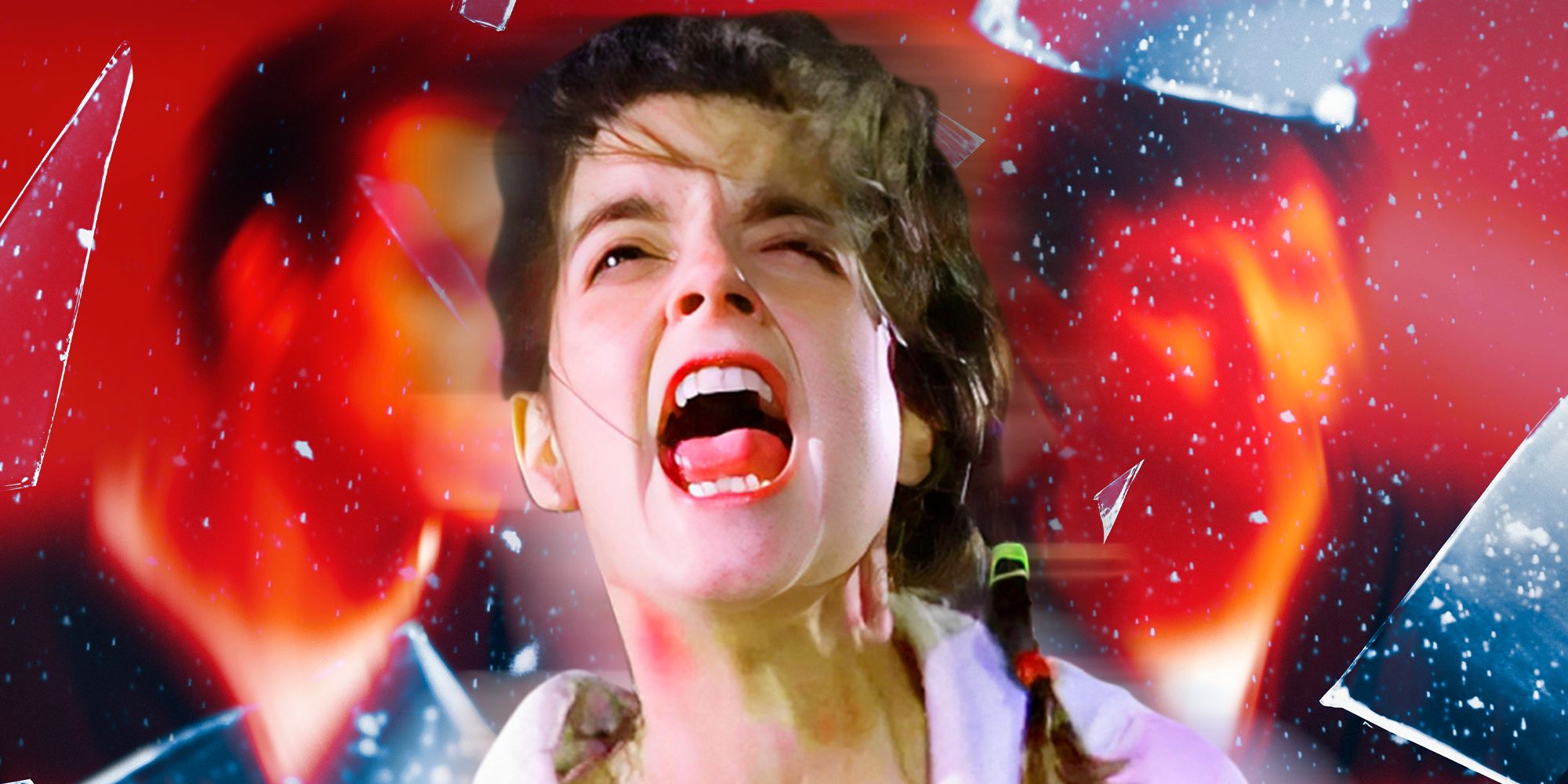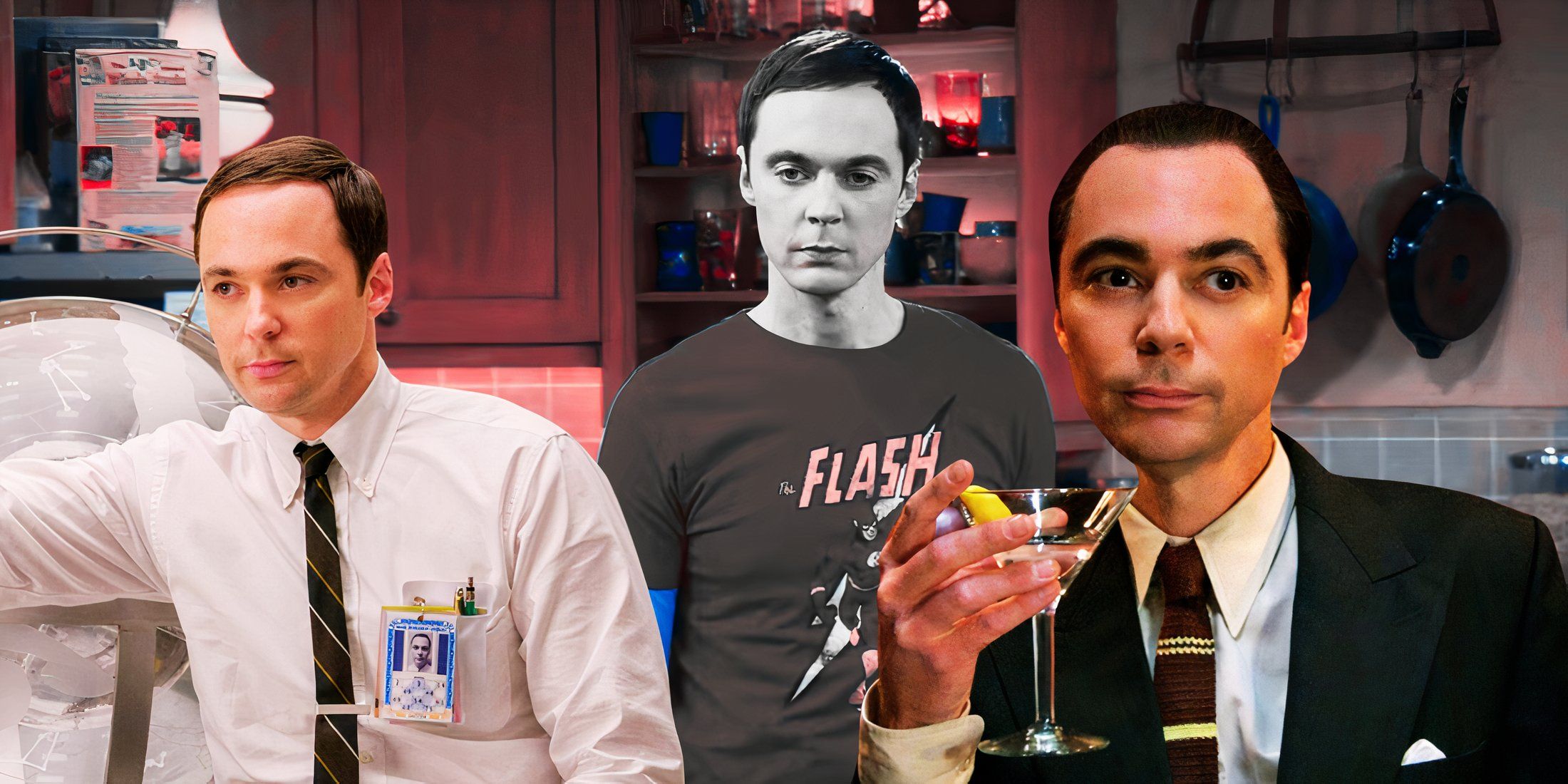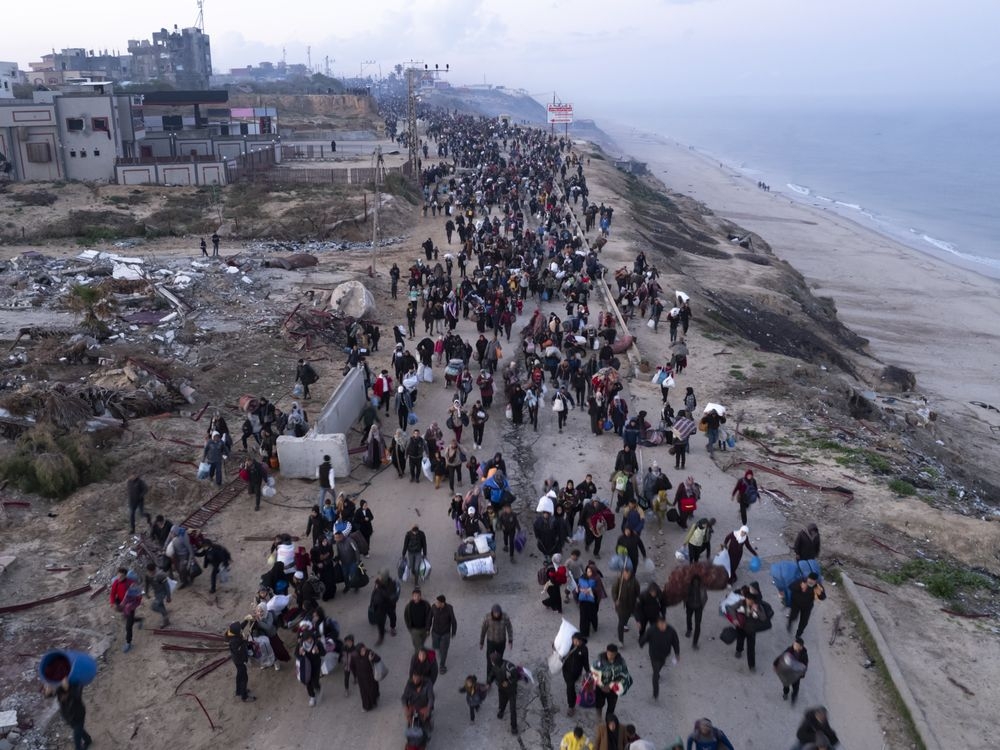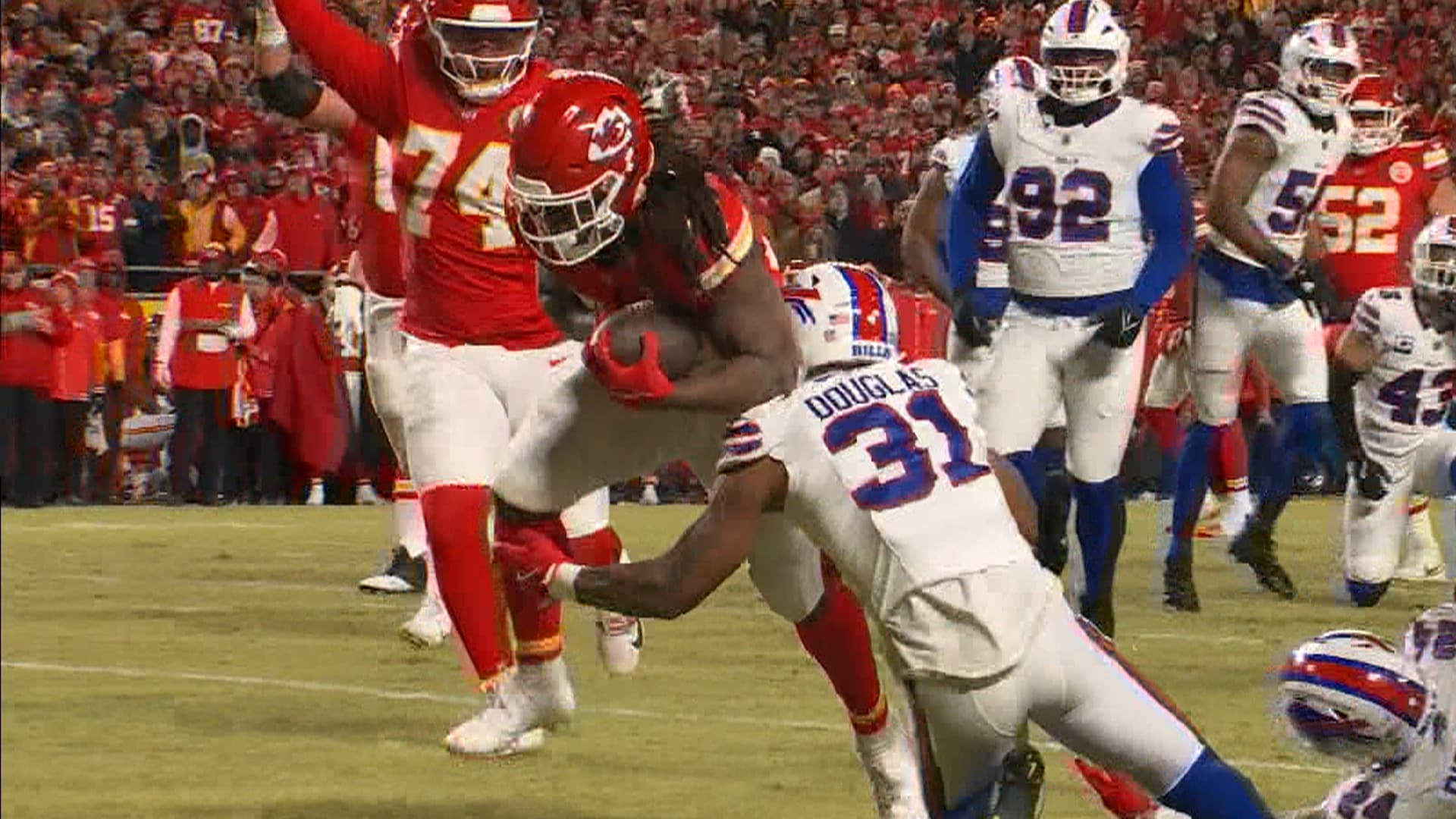Dominique Dunne and the Haunting Legacy of Poltergeist

Poltergeist is one of the most influential horror films of the 1980s and continues to terrify new generations of fans more than 40 years after its release. Directed by Tobe Hooper, with a story credited to Steven Spielberg, the film follows a suburban family whose house is haunted by a malevolent spirit that abducts their youngest daughter. Released by MGM on June 4, 1982, the film was a commercial and critical success, spawning multiple sequels and reboots. Tragically, one of the film's stars, Dominique Dunne, was murdered outside of her West Hollywood home just six months after the film's release.
Poltergeist was Dunne's first feature film. The young actress had appeared in episodes of popular shows such as Lou Grant, Hart to Hart, and CHiPs, but Poltergeist was poised to be her breakout role. Although her part in the film is relatively small, Dunne is excellent as the eldest daughter, Dana, and provides an emotional undercurrent to the movie as Dana grapples with the horrifying events her Poltergeist family endures. Dana frantically screaming "What's happening?" during the film's climax, as she watches her home be destroyed, is one of the movie's most memorable and quoted scenes.
Even 40 years after her senseless murder, Dunne's legacy continues to impact Hollywood. Her death was the first in a series of tragic incidents associated with the Poltergeist franchise, leading many to label the films as "cursed". Additionally, Dunne's story has an unexpected connection to another infamous murder case - the Menendez brothers case - which recently reentered public discourse due to a popular Netflix mini-series.
Dominique Dunne's Tumultuous Relationship With John Thomas Sweeney Led To Her Death
The couple were together for two years before he brutally attacked her. Dominique Dunne met John Sweeney in 1981 at a party at the glamorous restaurant Ma Maison. Sweeney was the sous chef to Wolfgang Puck at the restaurant and quickly fell for the rising ingénue, who had deep connections to the entertainment industry. Dunne's father, Dominick Dunne, was a producer known for The Boys in the Band and The Panic in Needle Park. Her brother, Griffin, was a well-known actor, and her aunt, author Joan Didion, was a celebrated writer. Dunne and Sweeney fell madly in love and moved into a one-bedroom house together just a few weeks after they began dating.
Both were wildly ambitious and had much in common, but their relationship soon became troubled. Sweeney, who had come from a modest background, longed to be part of the glitzy world he served at the restaurant and saw Dunne as the ideal entryway into that life. However, according to People, his insecurities led to increasing anxiety and possessiveness.
Sweeney began to insert himself into Dunne's life, becoming increasingly controlling. He insisted on attending her acting classes and often showed up uninvited to her sets. Eventually, the relationship turned abusive. On two separate occasions, Sweeney physically attacked Dunne. In one particularly violent incident, he choked her so hard that she feared for her life and escaped by climbing out of a window. Following this, Dunne ended the relationship but continued living in their shared home, changing the locks.
On October 30, 1982, Sweeney unexpectedly showed up while Dunne was rehearsing a scene with an actor friend at her home. The two had a fierce argument on the front porch, during which Sweeney attacked Dunne and strangled her. Her friend called the police, but they arrived too late. Sweeney emerged from the bushes and reportedly told them, "I killed my girlfriend, and I tried to kill myself." Although Dunne was still technically alive, she had suffered severe oxygen deprivation to her brain and never regained consciousness. On November 4, 1982, her family removed her from life support.
John Sweeney's Trial Had Many Twists And Turns
The murderer took the stand in his own defense. According to the arresting officer, after attacking Dominique Dunne, John Sweeney told police, "I f**ked up... I can't believe I did something that will put me behind bars forever... Man, I blew it. I killed her. I didn't think I choked her that hard. I just kept on choking her." While this confession suggested that Sweeney's murder trial would be straightforward, it turned out to be anything but.
During the trial, Sweeney took the stand and claimed he went to Dominique's house because she wanted to reconcile. However, according to his testimony, she changed her mind when he arrived, leading to an argument and his subsequent attack. He alleged that he did not remember choking her and only regained consciousness to find himself on top of her with his hands around her neck. He claimed he ran into the house and swallowed two bottles of pills in a suicide attempt, though police found no evidence to support this claim.
Sweeney's attorney successfully argued to have her testimony dismissed as "prejudicial," preventing the jury from learning about his history of violence against women until after the trial.
At the trial, one of Sweeney's ex-girlfriends testified that he had physically assaulted her on 10 separate occasions. However, Sweeney's attorney successfully argued to have her testimony dismissed as "prejudicial," preventing the jury from learning about his history of violence against women until after the trial. Sweeney's lawyer also requested that his charges be reduced to second-degree murder, arguing there was no evidence of premeditation.
On September 21, 1983, after eight days of deliberation, the jury found John Sweeney guilty of the lesser charge of voluntary manslaughter. Sweeney was sentenced to six and a half years in prison but served only two and a half years before being released. Dominique Dunne's family was outraged by the outcome. After his release, Sweeney got a job as a chef at a high-profile restaurant in Santa Monica. However, Dunne's family protested nightly outside the establishment, eventually leading to his dismissal. Sweeney later changed his name and moved to the Pacific Northwest, where he continued working as a chef.
Dominique Dunne's Surprising Connection To The Menendez Brothers Case
Dunne's father Dominick became a journalist after her murder. During Dominique's trial, her father, Dominick, wrote down every detail of what transpired, along with intimate descriptions of his feelings while watching the trial. He turned his thoughts into an article for Vanity Fair, "Justice: A Father's Account of the Trial of His Daughter's Killer." After this, he began regularly reporting for Vanity Fair, wrote several bestsellers, and hosted a series for Court TV. Dominick mostly reported on famous trials, such as those of O.J. Simpson, Claus von Bülow, and the Menendez brothers. In fact, Dunne's reporting was the main reason why the Menendez brothers' case became part of the mainstream media.
In the Netflix series Monsters: The Lyle and Erik Menendez Story, Nathan Lane portrays Dominick Dunne. While it is a relatively small role, Lane perfectly captures Dunne's mannerisms and plays a pivotal role in the story as his reporting changes public perception of the case. In the show, Dunne's story in Vanity Fair, "Nightmare on Elm Drive," frames the Menendez brothers as privileged criminals. However, as the trial continues, he struggles with his desire to see justice for the murder and the complexities of the brothers' claims that they were abused.
Dominique Dunne's death was the first tragic event in the alleged Poltergeist curse. Many cast and crew from Poltergeist have had strange deaths. Over the years, there have been many strange occurrences and deaths surrounding the cast and crew of Poltergeist. This has led many fans to believe that the film was cursed. During filming, there were several reports of odd noises, equipment malfunctions, and the cast and crew reported strange feelings of unease. Some people have speculated that the curse originated from the film using real skeletons during the famous pool scene.
Dominique Dunne's murder was the first "event" associated with the curse. A few years later, Dunne's co-star, the amazing Heather O'Rourke, who played the youngest daughter, Carol Anne Freeling, in all three Poltergeist films, died unexpectedly at the age of 12. She had a misdiagnosed bowel obstruction, which led to septic shock while filming the third film in the series. Other notable cast deaths were Julian Beck, who played Reverend Kane, Will Sampson, who portrayed Taylor, and Lou Perryman who played Pugsley. All died under strange occurrences.





















